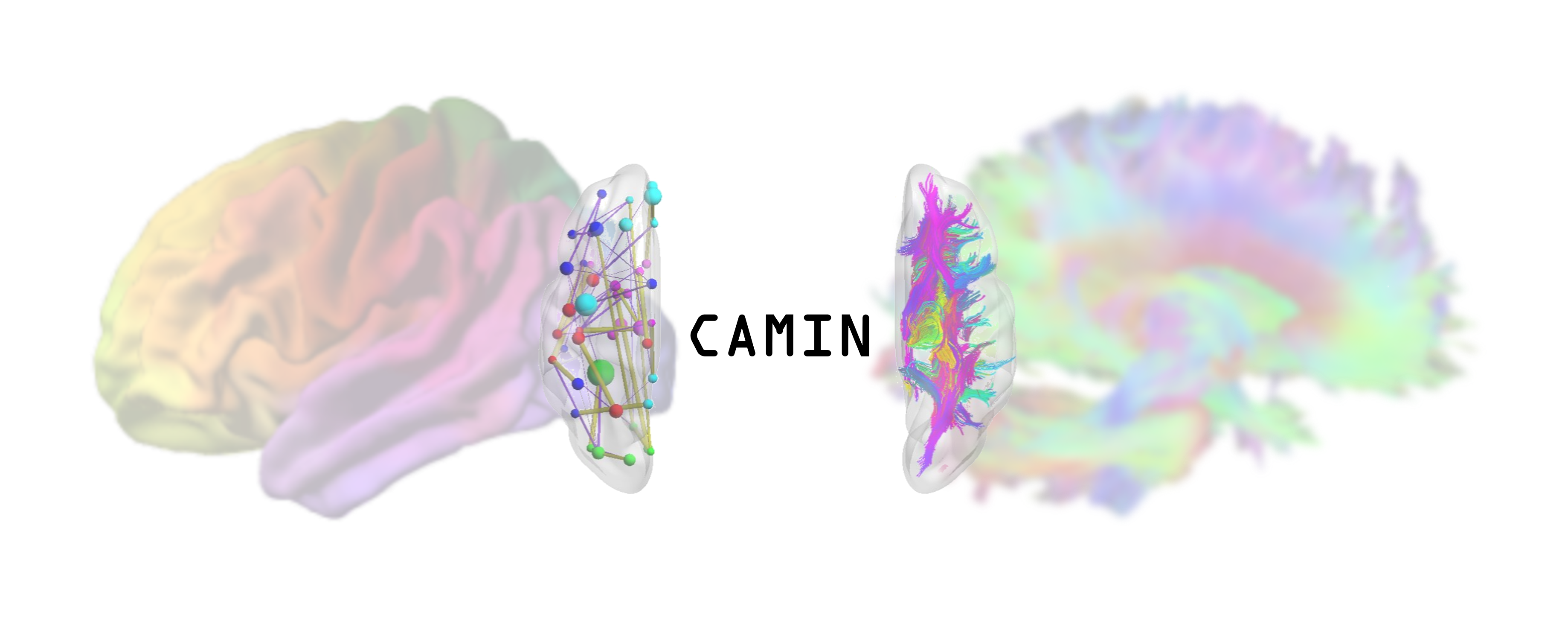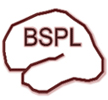연구실 소개
-
Brain Lab. investigates brain features associated with various neuro -pathologies [head injury and hydrocephalus], derived using novel methods and focused on two different approaches global and structural. In the global approach, the relationship between neurophysiologic. volume and pressure response is computationally analyzed in terms of cerebrospinal. volume-pressure compensatory reserve or brain compartmental compliances. Continuous monitor of neurophysiologic signals and Cerebrospinal fiuid[CSF] pressure. These hold the potential to improve treatment for patients.
-
The Affective Cognitive Neuroscience Lab pursues research in the area of emotional cognition. We cobine behavioral and neurscietifix techniquws to understand how emotional informarion is processed differenrly from nonemorional. information, to what extent indiciduaks exert vuluntary and involuntary control over the course of emotion generation processes, and how emotion interacts with other cignitive procrsses. We emphasizw indibidual difference facrors in emotional processing that play key roles in defining individuals` characteristics and that explain.
-
CAMIN Lab (Computational Analysis for Multimodal Integrative Neuroimaging) aims to identify computational neuroimaging signatures by developing advanced methods and pipelines for multimodal brain imaging data. We design computer vision–based MRI preprocessing pipelines and investigate multimodal connectomes through analyses of structure–function coupling and functional dynamics.
Furthermore, we integrate imaging-derived findings with neural function and gene expression data. By combining these approaches with state-of-the-art machine learning techniques, our computational models are translated into clinical applications to identify robust imaging biomarkers.
-
The Machine Intelligence Laboratory (MiLab) is devoted to the development of computational models for various researches in the brain and cognitive engineering field. Specifically, we focus on 1) machine learning algorithms for data analysis and pattern identification, 2) brain disease/disorder diagnosis or prognosis by analyzing complex patterns inherent in neuroimaging and/or genetic data, and 3) non-invasive brain-computer interfaces to enhance human performance.
-
The Neural Engineering and Precision Surgery (NEPS) Lab takes a multidisciplinary approach to medical research, incorporating medical and surgical knowledge and engineering capability to develop techniques and advanced medical devices for neuromodulation.
The mission of the NEPS is to help patients by developing the knowledge and technology needed to effectively modulate central nervous system function.
The team works toward these goals:- 1. Understand the biological mechanisms of action for neuromodulation.
- 2. Invent lasting bioelectrical technologies
and create devices and procedures for neuromodulation. - 3. Pioneer less-invasive neurosurgical techniques.
- 4. Translate gained knowledge into medical practice.
- 5. Train the next generation of leaders in neuroscience, neural engineering
and functional neurosurgery.
The NEPS Lab at Korea University aims to become a more progressive and globally influential research lab by forming a sister-lab partnership with the NEPS Lab at the Mayo Clinic in the United States.
-
Pattern Recognition and Machine Learning Lab은 패턴인식 알고리즘을 활용하여 고차원의 영상처리(카메라 영상) 및 신호처리(뇌 신호) 기법을 개발하고 이에 기반한 인공지능 기술 개발을 연구 목표로 하고 있습니다. 구체적으로는, 뇌 신호 분석을 통해 생각만으로 외부 장치를 제어할 수 있도록 하는 Brain-Computer Interface 기술, 카메라 영상 분석을 통해 사람의 행동 분석 및 예측이 가능한 Cognitive Conputer Vision 기술, 사람 두뇌를 모방하는 Deep Machine Learning 기술, 환자의 자발적인 신경 재활이 가능하도록 하는 지능형 Neuro-Rehabilitation 기술을 연구 중에 있습니다.
-
뇌신호처리연구실 (Brain Signal Processing Lab; 고려대학교 뇌공학과)은 자기공명영상 (MRI/fMRI) 및 뇌전도 (EEG) 등 다양한 뇌신호 데이터에 머신러닝 기반의 신호처리 기법을 적용하여 뇌의 기능을 분석 및 응용하는 데 주요 연구 목적이 있습니다. 최근에는 딥뉴럴네트워크를 이용한 딥러닝 기법을 뇌신호 데이터, 행동 및 생체신호 데이터에 접목하려는 연구를 활발히 하고 있습니다. 연구의 목표는, 뇌 영상 데이터의 분석을 통한 정상인의 뇌기능을 규명하고 뇌기능 향상 등에 응용하는 연구입니다. 이를 바탕으로, 향후 여러 신경과/정신과 질환 등과 관련한 뇌기능의 차이 규명, 조기진단, 치료의 예후 예측에도 연구의 활용 가능성이 있습니다.
-
고려대학교 뇌기계인지 연구실은 심리학, 뇌공학, 인공지능 등의 다학제적 접근을 통해 인간과 기계의 고차원 인지 과정을 심층적으로 탐구합니다. 구체적으로 Psychophysics, fMRI/EEG, Computational Modeling 최신 연구 기법을 활용해 인간의 인지적 행동과 신경 메커니즘을 체계적으로 분석하며, 이를 통해 인간의 독창적인 정보 처리 방식과 사고 과정을 과학적으로 규명하는 것을 목표로 하고 있습니다.
나아가, 인간과 기계의 정보 처리 및 의사 결정 방식을 비교·분석함으로써, 인간 중심적이고 신뢰성 높은 인공지능 시스템 설계를 위한 이론적·기술적 토대를 마련하고자 합니다.
-
광생체신호처리 연구실에서는 Optical Coherence Tomography [OCT], Near Infra-red Spextroscopy [NUIRS], Intra-Body Communication [IBC] 및 Biochip 관련 연구를 하고 있습니다. OCT NIRS를 이용하면 뇌의 hemo-dynamics와 action potential을 탐지하여 뇌의 활성 상태를 계측할 수 있으며, 이러한 뇌 활성 상태 계측 장비를 바탕으로 Biochip과 IBC 기술을 통합하여 최첨단의 Brain-Machine Interface [BMI]를 구성하고 생체 신호를 분석하는 것을 본 연구실의 목표로 삼아 현재 많은 투자와 연구가 활발하게 진행되고 있습니다.
-
광생체전자공학연구실 (Bionics and Photonics Lab)에세는 광학기반 생체 이미징을 위한 시스템 개방 및 관 신호/영상처리를 중점적으로 연구하고 있다. 본 연구실운 다양한 센서와 영상기법에 대한 기초 및 응용연구를 기반으로, 뇌를 포함하는 생체형태의 신호획득 및 기능의 전기/광학적 반응신호 추출과 분석을 목적으로 한다. 이에 따라, 현재 광간섭단층촬영술, 기반의 다기능성 영상시스템 등의 활발한 연구를 진행하고 있다. 뇌/생체 조직 신호를 효과적으로 획득하고 처리하는 다양한 시스템 개발을 통해 앞으로 뇌공학, 의공학, 및 인공지능 분야의 발전을 이끌어 갈 것이다.
-
In the cognitive Systems Lab, we have two main goals: -our first goal is to enhance our understanding of the algorithms employed by thr human cognitive system throufn the use of cutting-edge methods from machine learning and computer graphocs coupled with perceptual and cognitiver experiments. -our second goal is to transfer this knowledge to implementations of intelligent, artifical cognitive systems which can be used in rocotrics, computer vision, computer animation, and even in clinical applications. In the lab, we apply this combined experimental and computauional.










